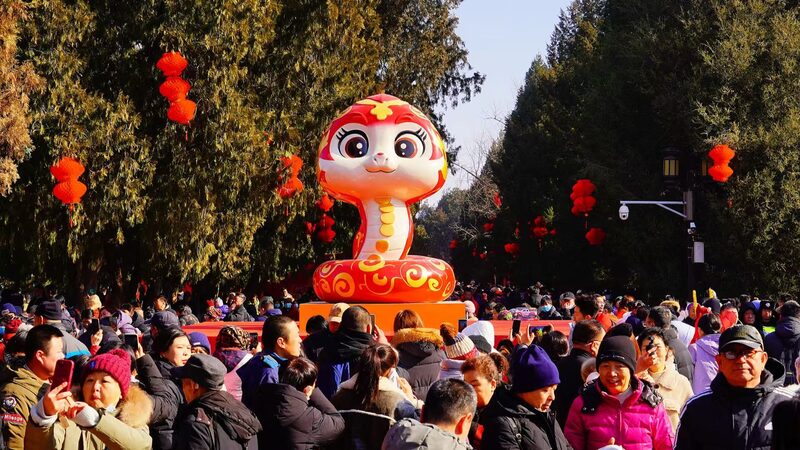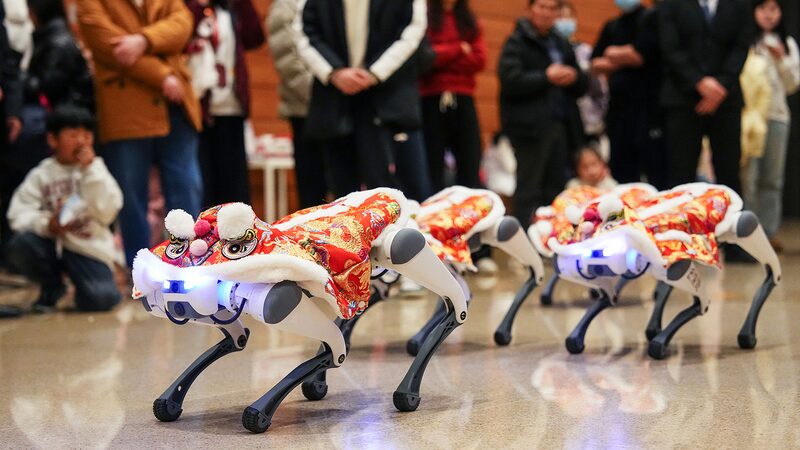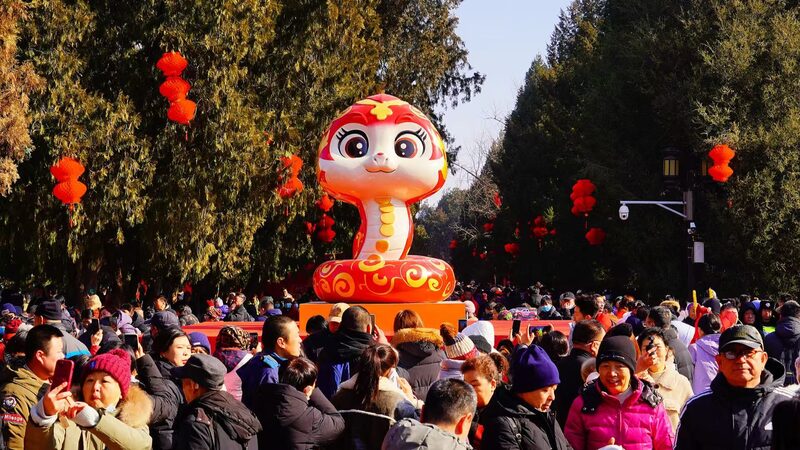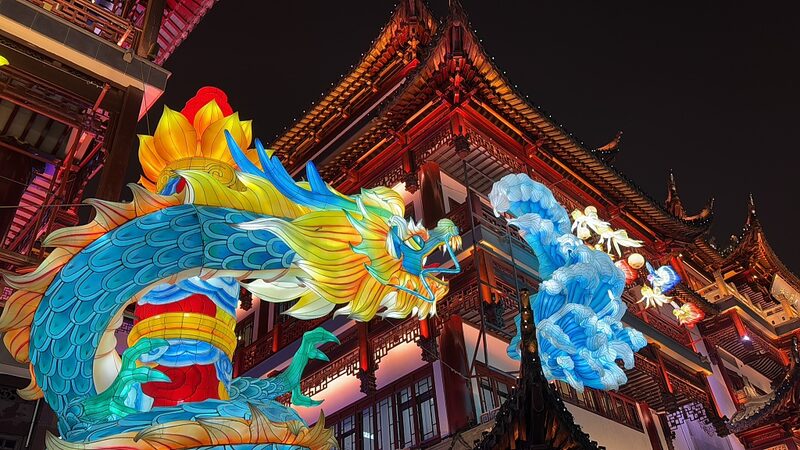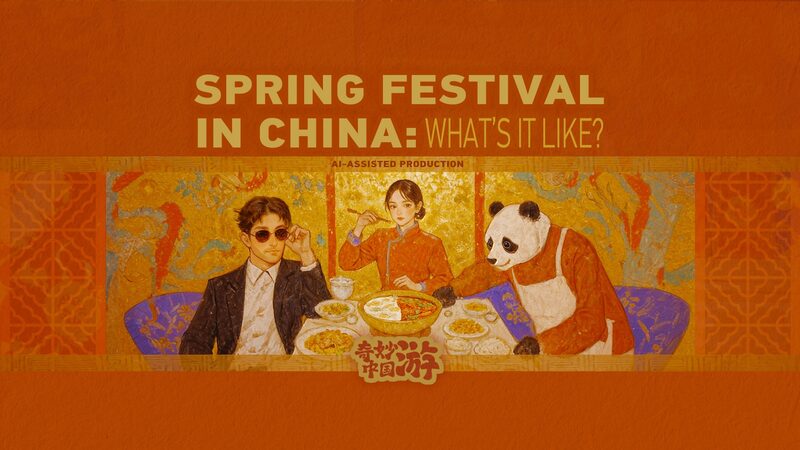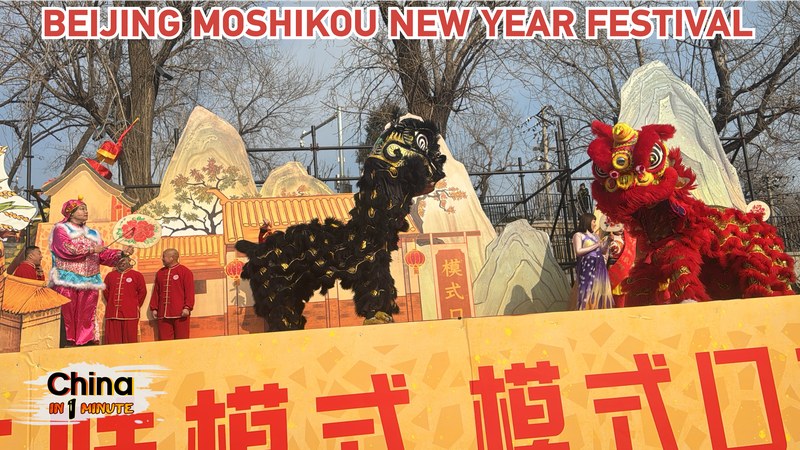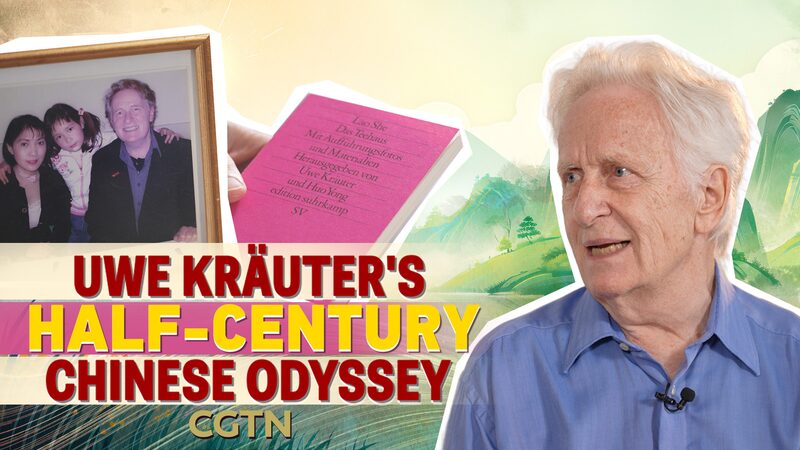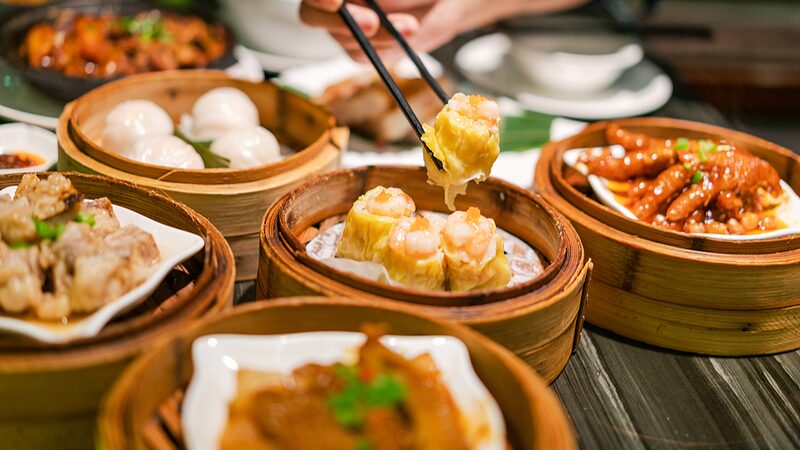In December, German expatriate Uwe Kräuter traveled from Beijing to Nanjing, a city he holds dear and where many of his artist friends reside. On Christmas Eve, Uwe and his friends—painters, singers, dancers, and journalists—strolled through the lively streets of Nanjing. The atmosphere was vibrant, with young people filling the streets, dining in restaurants, and enjoying both Chinese and international bars.
The festive scene prompted Uwe to reflect on his early days in China, decades ago when he first arrived in his twenties to work for a Chinese publishing house. Back then, Christmas was not widely recognized among the Chinese people. While they were polite and hospitable, inviting foreign colleagues to meals at their homes, the concept of Christmas celebrations was unfamiliar.
Similarly, Uwe recalls that foreigners like himself knew little about the Spring Festival—the most significant holiday in China. Today, information about such cultural events is readily accessible, but at that time, the nuances of the Spring Festival were a mystery to many expatriates.
The Spring Festival, also known as the Chinese New Year, is China's oldest and most important festival. It marks the new year on the Chinese calendar and embodies people's aspirations for new beginnings. Comparable in significance to Christmas in Western countries, the Spring Festival is a time for lively celebrations and family reunions.
The festival dates vary each year, typically starting in late January or early February and lasting until mid-February. In 2025, the Spring Festival holiday will be observed from January 28 to February 4. These days will be characterized by joyous gatherings and close-knit family meetings across the country.
Tracing its origins back to the Shang Dynasty around 3,500 years ago, the Spring Festival honors traditions of respecting ancestors and deities. Two central themes define the festival: bidding farewell to the old year and welcoming the new, and the importance of family reunion.
Reference(s):
cgtn.com
